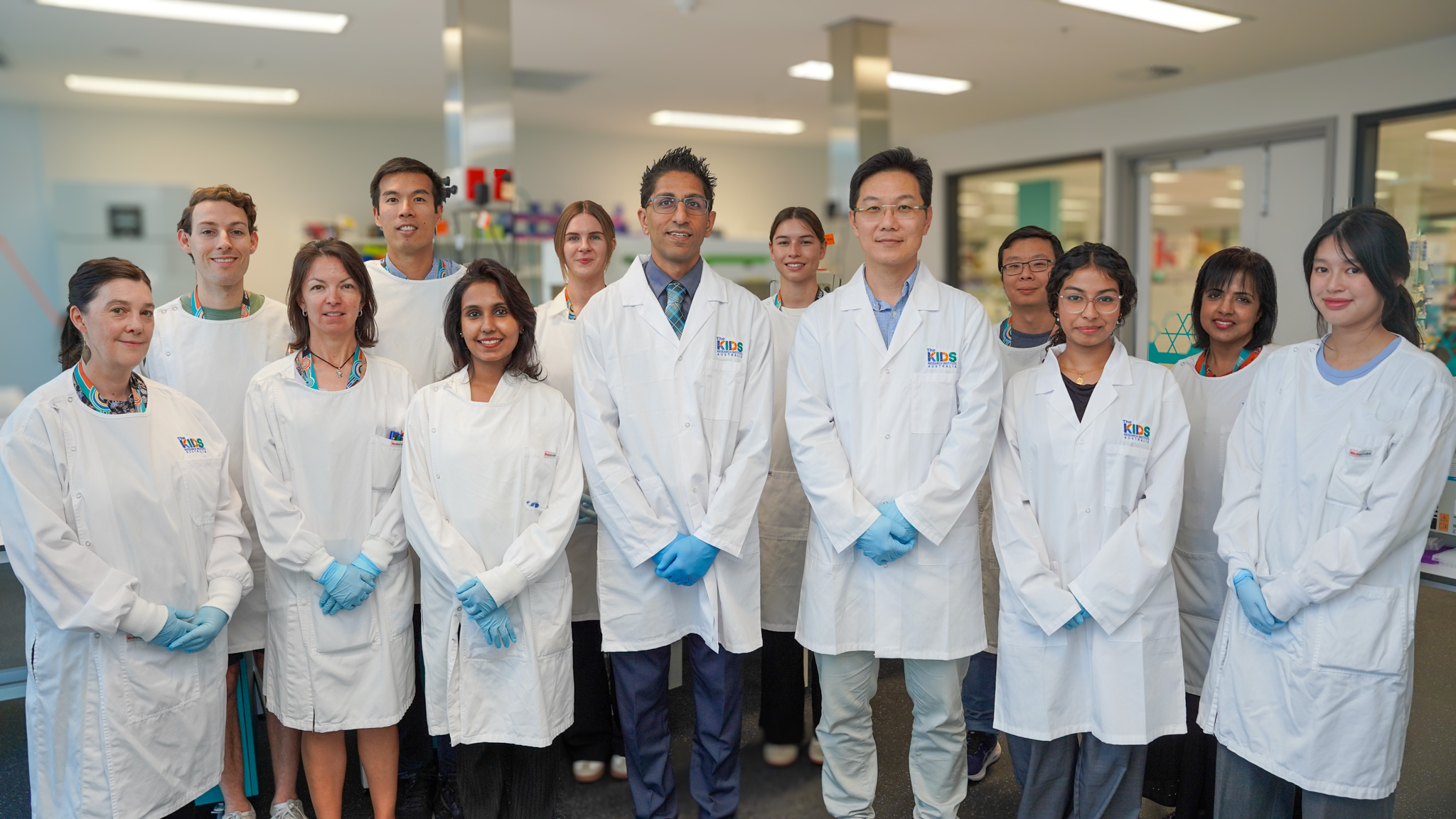Search
Research
Lifestyle Factors, Medication Use and Risk for Ischaemic Heart Disease Hospitalisation: A Longitudinal Population-Based StudyThis study investigated the influence of self-reported lifestyle factors on hospitalisation for IHD, stratified by blood pressure and/or lipid-lowering therapy.
Research
Do emotional and behavioural difficulties in primary school predict adolescent victimisation trajectories?The results of this study suggest whole-school bullying intervention programmes need to occur before students reach secondary school.

We aim to discover and develop safer and more effective treatments by doing inventive and rigorous research to improve outcomes for kids with cancer.

The main aim of our Leukaemia Translational Research Team is to test innovative therapeutic approaches, with a focus on clinical translation of this knowledge, to improve the outcomes of children suffering from leukaemia.

The Geospatial and Tuberculosis (GeoTB) team led by Kefyalew Alene focuses on designing an innovative approach for improving the efficiency and effectiveness of public health interventions to help control and ultimately eliminate tuberculosis in high-burden countries.

The vision of the Perioperative Medicine Team is to make discoveries that will improve children’s perioperative care and lead to global practice change.
Research
Rett syndrome in Australia: a review of the epidemiologyTo examine the prevalence, cumulative incidence, and survival in an Australian cohort with Rett syndrome (RTT).
Research
Do children with autism 'switch off' to speech sounds? An investigation using event-related potentialsAutism is a disorder characterized by a core impairment in social behaviour. A prominent component of this social deficit is poor orienting to speech.
Research
Western Australian Children’s Diabetes DatabaseThis register was established at Princess Margaret Hospital in 1987 which stores data on all consenting patients attending the hospital’s diabetes clinic.
Research
Evidence against poor semantic encoding in individuals with autismThis article tests the hypothesis that individuals with autism poorly encode verbal information to the semantic level of processing, instead paying greater...
